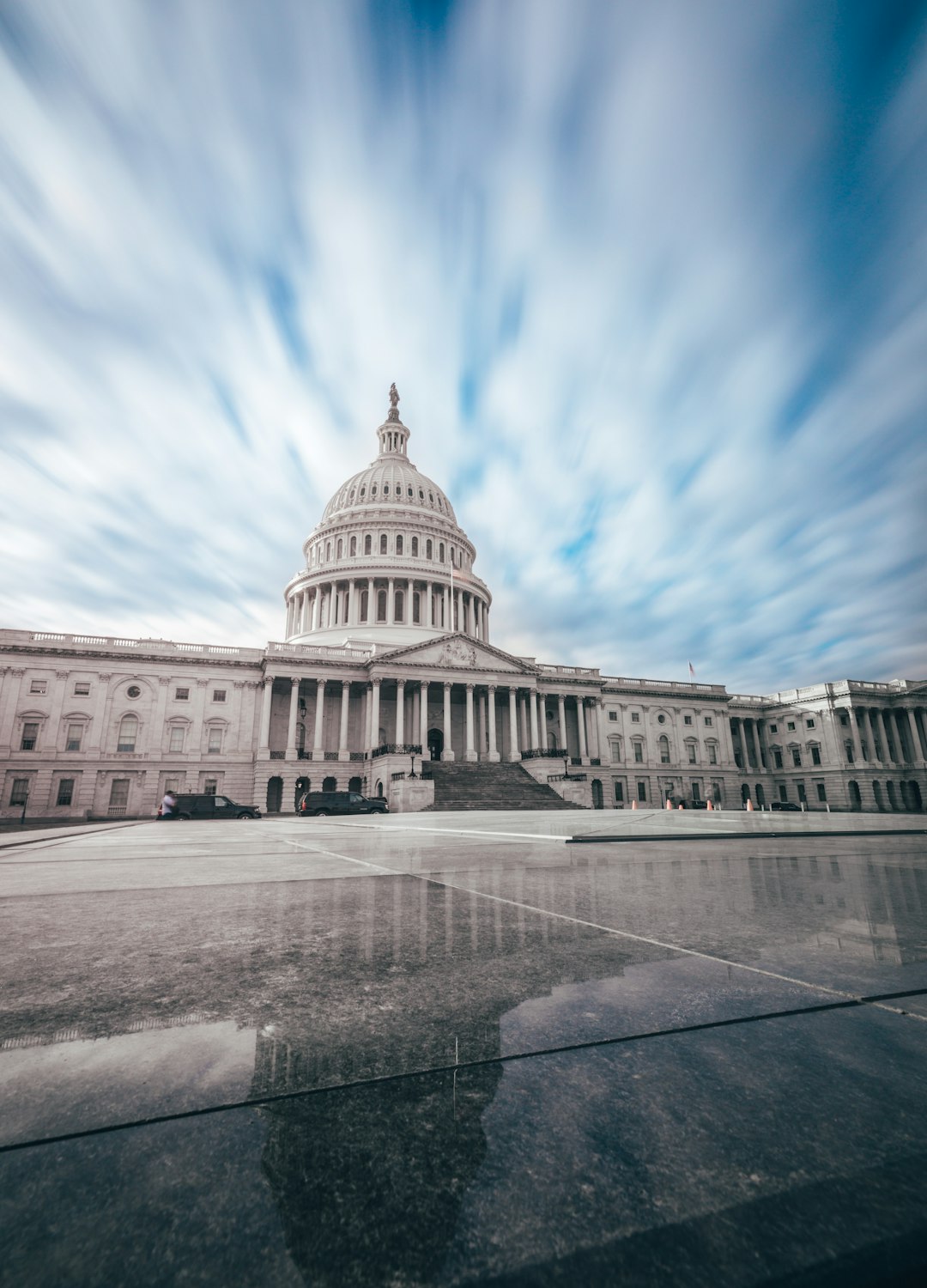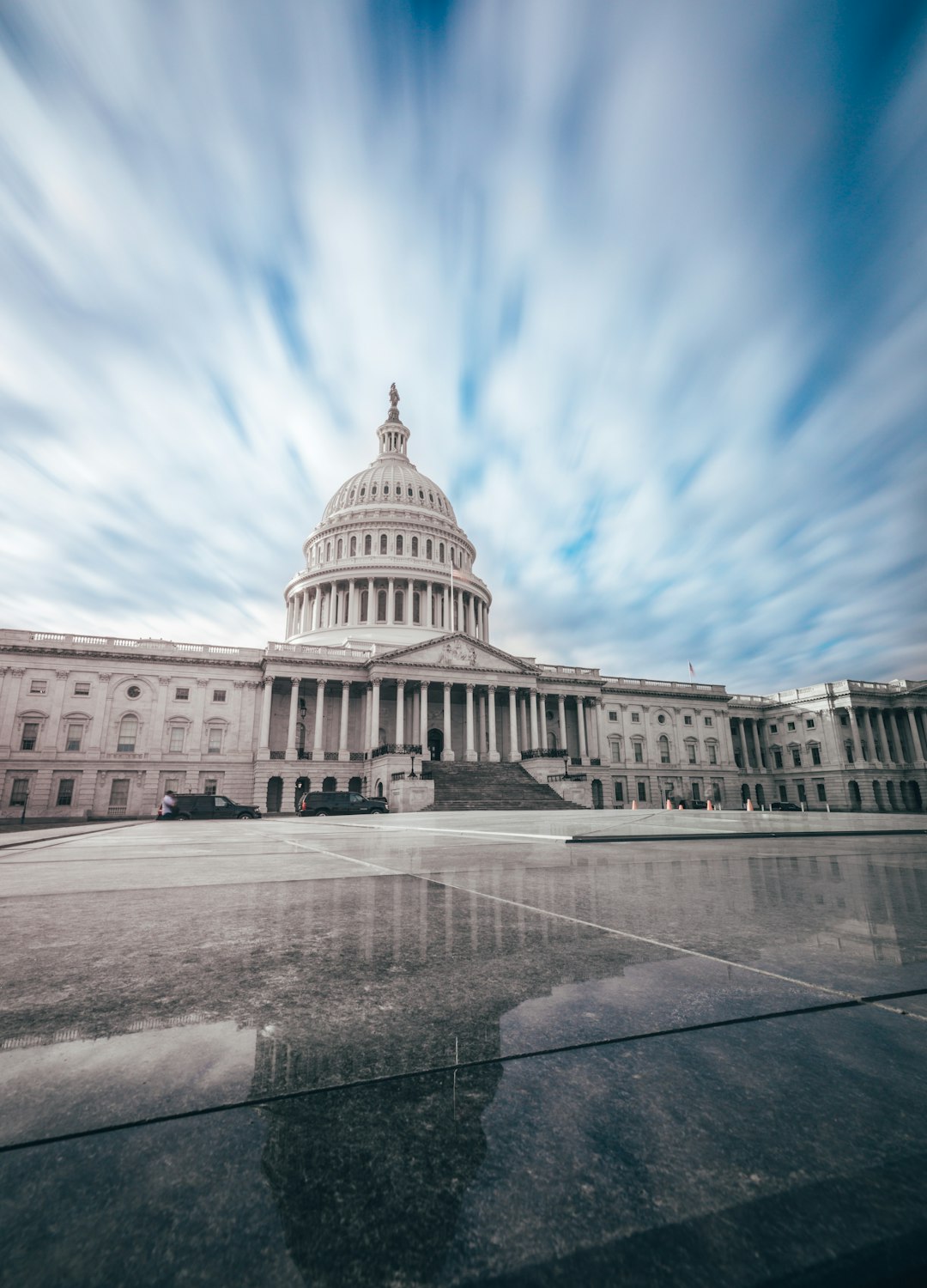In Washington State, the evolution of telemarketing through AI presents both opportunities and legal challenges. While AI enhances marketing with personalized campaigns, it also blurs the line between targeted and spam calls, making compliance with strict Do Not Call Laws crucial. Businesses need specialized Do Not Call Lawyers or Attorneys in Washington to navigate these laws, ensuring consumer protection and effective marketing strategies. AI-driven tools assist law firms in scanning data for potential violations, sending cease and desist notices, and managing legal risks associated with spam calls, ultimately benefiting both consumers and businesses.
“Bothell, WA, is at the forefront of a telemarketing revolution driven by AI. This evolving landscape presents both opportunities and challenges, especially with Washington State’s stringent Do Not Call laws. Our article explores these dynamics, focusing on how AI impacts modern telemarketing practices and compliance for law firms in the region. We delve into the complexities of Do Not Call regulations, particularly for lawyers and attorney firms dealing with spam calls in Washington, offering insights to navigate this intricate legal territory.”
Understanding Telemarketing and Its Evolving Landscape in Washington State

Telemarketing, a practice that has been around for decades, involves businesses using various communication channels to reach and convince prospects to purchase their products or services. However, with the advent of technology, particularly artificial intelligence (AI), this landscape is rapidly evolving, especially in Washington State. The state’s Do Not Call Laws have been pivotal in protecting residents from unwanted sales calls, and with AI’s ability to automate and personalize communication, these laws are facing new challenges. Today, businesses can use AI-powered tools to not only predict consumer behavior but also to craft highly targeted marketing messages, potentially blurring the lines between personalized outreach and spam.
In Washington, a Do Not Call Lawyer or Attorney specializing in these laws is becoming increasingly important. With the rise of AI, traditional telemarketing tactics are transforming into sophisticated, data-driven campaigns that require legal expertise to navigate. As the definition of “unwanted” calls becomes more nuanced, these legal professionals can guide businesses on adhering to the state’s regulations while utilizing cutting-edge technology. For consumers, this shift ensures a more tailored and less intrusive marketing experience, while for businesses, it opens opportunities to engage customers effectively without stepping on legal toes.
The Role of AI in Modern Telemarketing Practices

In today’s digital era, Artificial Intelligence (AI) is revolutionizing various industries, and telemarketing is no exception. AI technologies have become integral to modern marketing practices, offering both significant advantages and unique challenges. Machine learning algorithms enable personalized and targeted campaigns, improving customer engagement and conversion rates. Automated systems can process vast amounts of data, allowing businesses to analyze consumer behavior and preferences more efficiently. This level of precision enables marketers to tailor their messages, increasing the likelihood of a positive response.
However, as AI integrates into telemarketing, compliance with regulations becomes even more critical. In Washington State, for instance, strict Do Not Call Laws protect residents from unwanted sales calls. A Do Not Call Lawyer or Attorney in Washington can guide businesses on navigating these regulations, ensuring they remain compliant while utilizing AI-driven strategies. With the ability to automatically dial and deliver messages at scale, AI must be programmed to respect consumer choices and opt-out requests, thereby minimizing the risk of violating spam call laws and fostering trust among potential customers.
Navigating the Complexities of Do Not Call Laws in Washington

Navigating the complex landscape of Do Not Call laws in Washington requires expertise and precision. With stringent regulations in place to protect residents from unwanted telemarketing calls, businesses must tread carefully to avoid legal repercussions. The state’s laws are designed to ensure consumers’ privacy and peace of mind, but they also present a challenge for companies aiming to reach their target audience effectively.
Washington residents have the right to register their numbers on the Do Not Call list, limiting direct marketing calls. Businesses, especially those operating within the telemarketing sector, must obtain explicit consent or face severe penalties. Engaging a Do Not Call Lawyer Washington or consulting with a specialized Spam Call law firm Washington is advisable for companies aiming to comply with these regulations while maintaining their marketing strategies. Such legal experts can guide businesses on best practices, ensuring they stay within the boundaries of the Do Not Call Laws Washington and avoid costly mistakes.
How AI Can Enhance Compliance and Mitigate Legal Risks for Law Firms

Artificial intelligence (AI) has the potential to revolutionize the way law firms approach compliance and risk management, particularly in the realm of telemarketing regulations. By leveraging AI technologies, law firms can streamline their processes and ensure adherence to strict Do Not Call laws like those in Washington state. AI-powered tools can efficiently scan and analyze vast amounts of data, helping lawyers identify potential violations and mitigate legal risks associated with spam calls or unsolicited communications.
For instance, AI algorithms can be trained to recognize patterns in caller data, detect repeat offenders, and flag any activity that breaches the Do Not Call Laws in Washington. This proactive approach allows law firms to quickly respond to non-compliance issues, send cease and desist notices, and even take legal action if necessary. Furthermore, AI can assist in drafting and customizing communication scripts, ensuring that lawyers adhere to permitted practices while engaging with potential clients, thus reducing the likelihood of unintended legal breaches.






